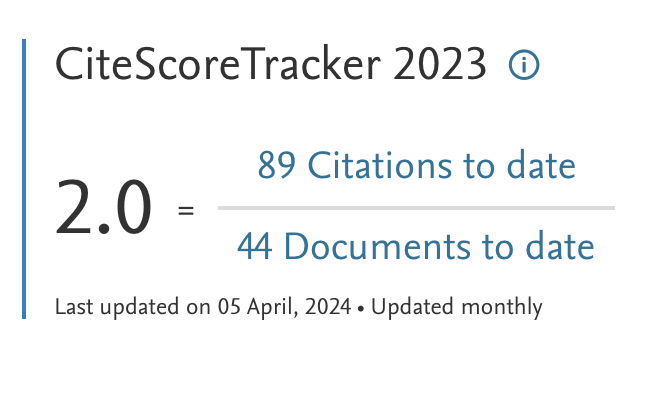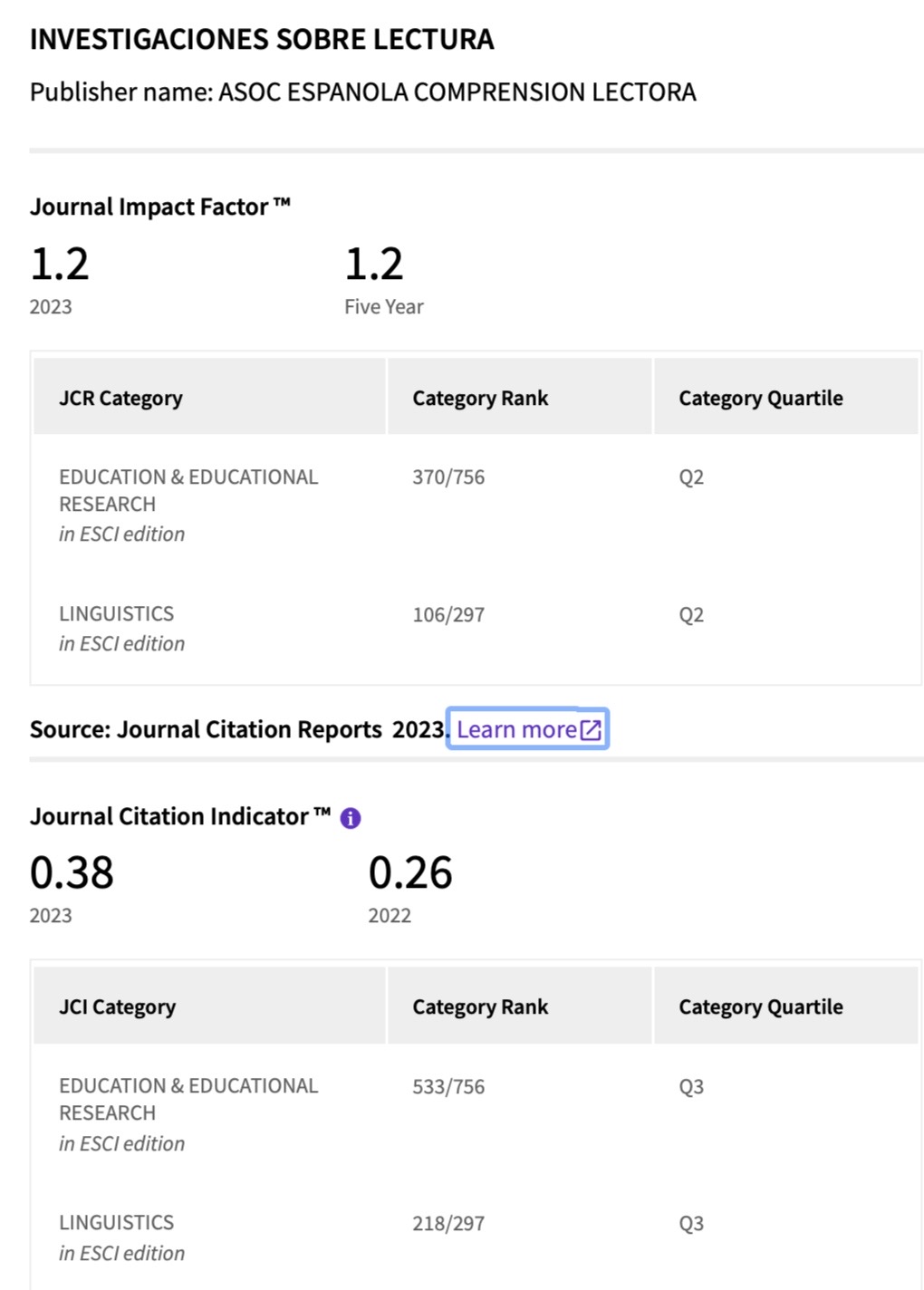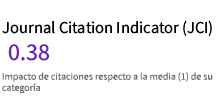Políticas de preservación digital
The journal Investigaciones Sobre Lectura has, through OJS (Open Journal System), an archiving system that guarantees its digital preservation.
In addition, Investigaciones Sobre Lectura assigns a DOI (Digital Object Identifier), which is a persistent identifier, managed by Crossref, which guarantees identification and avoids location problems due to URL changes or the like.
PKP Preservation Network (PN)
The PKP Preservation Network provides free preservation services for any OJS journal that meets the basic criteria. In this sense, with a view to their digital preservation, the articles of Research on Reading are archived in LOCKSS (Lots of Copies Keep Stuff Safe) and CLOCKSS (Controlled Lots of Copies Keep Stuff Safe), thus guaranteeing the journal a permanent and secure archive.
LOCKSS
Open Journal Systems, which hosts Research on Reading, is compatible with the LOCKSS (Lots of Copies Keep Stuff Safe) system that guarantees the journal a permanent and secure archive. LOCKSS is an open source program developed by the Stanford University Library that enables libraries to curate selected web journals by regularly searching registered journals to collect newly published content and archive it. Each file is continually validated against records from other libraries, so any damaged or lost content can be restored using those records or the journal itself.
The archived numbers can be consulted in the LOCKSS Editorial Manifesto (https://revistas.uma.es/index.php/revistaISL/gateway/lockss). In this way, the articles are progressively archived, thus guaranteeing that the stored digital information can remain and continue to be used in the future.
CLOCKSS
Open Journal Systems also supports the CLOCKSS (Controlled Lots of Copies Keep Stuff Safe) system to ensure a permanent and secure archive for the journal. CLOCKSS is based on the open source software LOCKSS developed at the Stanford University Library, which enables libraries to preserve select web journals by regularly checking registered journal websites for newly published content and archiving it. Each file is constantly validated against other library caches, and if content is found to be corrupted or missing, the other caches or the journal are used to restore it.
CLOCKSS stores and distributes journal content to participating libraries through the CLOCKSS Publisher Manifest page: https://revistas.uma.es/index.php/revistaISL/gateway/clockss
The Journal of Research on Reading is also complete and open access in different databases such as DIALNET, which guarantees identification and avoids location problems due to URL changes or the like.
Finally, the journal publishes an HTML and EPUB version of each article, which allows it to be exported to formats other than PDF, which currently exist or may appear in the future.






31.png)









